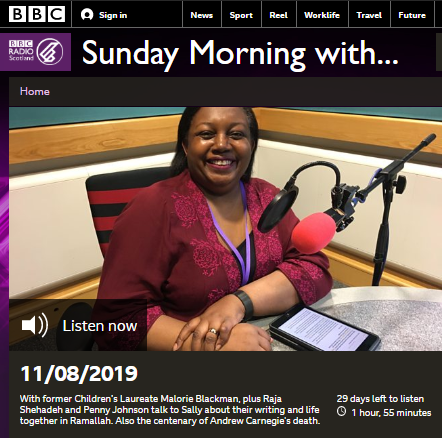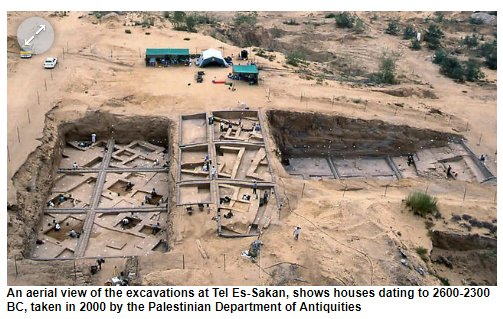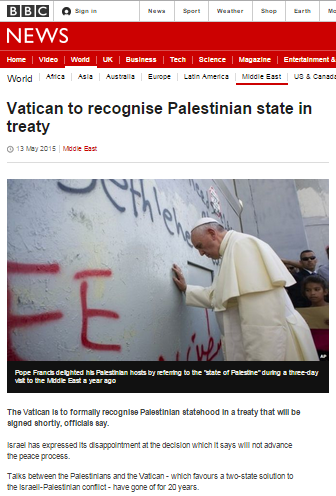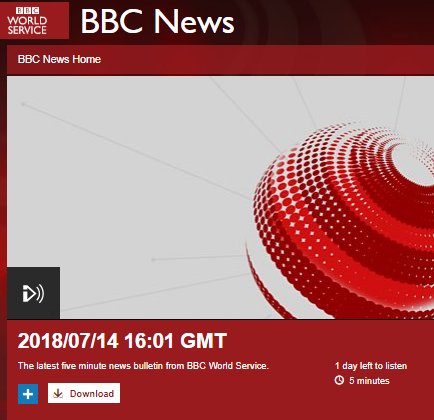h/t YM
May 19th saw the appearance of yet another BBC Travel article belonging to the genre of ‘promotion of a political narrative in an item ostensibly about food’.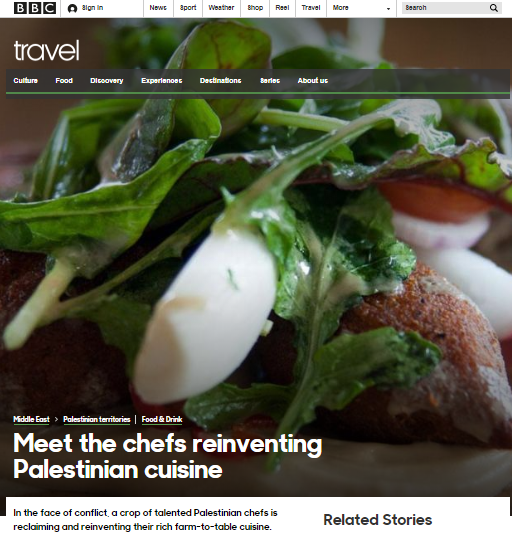
Titled “Meet the chefs reinventing Palestinian cuisine”, the article was written by freelancer Tessa Fox who has previously had content published at ‘Middle East Eye’ and who is a contributor to the controversial Qatari network Al Jazeera.
As is so often the case in BBC content concerning “the Palestinian kitchen”, readers are told by one interviewee of supposed culinary appropriation by Israelis.
“We’re facing a daily threat of [our food just] being called ‘Middle Eastern cuisine’ or ‘Israeli cuisine’. Today, you have Israeli chefs selling [Palestinian recipes] as Israeli food.”
Readers also find unquestioning promotion of political narratives from the same interviewee, who has appeared previously in BBC content.
“Kattan emphasised that foraging, once popular with many Palestinians, gives residents a strong link to their land. He says that so long as Israel continues its settlement program in the West Bank and confiscates Palestinian territory, this connection among Palestinians to their land is increasingly important.”
Another interviewee is quoted as claiming that:
““As a Palestinian, I realise how much impact ‘the occupier’ has had on our culture. We feel a little ashamed [of our] Palestinian roots,” he added, citing the increased number of restaurants in the West Bank serving non-Palestinian fare.”
The article includes one-sided political messaging served up with Western buzz words such as “farm-to-table” and “land-to-table”.
“As the bitter, decades-long conflict with Israel continues, the Palestinians’ traditional cuisine is under threat, as families have been separated from the farms and valleys that supplied their regional ingredients for hundreds of years. As a result, locals worry that their once-proud culinary identity is disappearing and their food is losing its distinct land-to-table flavour.”
“Israeli settlements, which the UN Security Council has deemed illegal, are sometimes built on Palestinian farmland, thereby destroying the crops or rendering them inaccessible to Palestinians due to security checkpoints. Crops that traditionally require large swathes of land, like wheat, have become increasingly difficult to grow. In addition, Israeli restrictions on Palestinians importing fertiliser, which Israel deems as ‘dual-use’ item along with certain chemicals that could be used to manufacture weapons, have had a “detrimental impact on Palestinian agriculture,” according to a UN study, causing Palestinians’ agricultural production to decline by up to a third.”
That “UN study” was produced by UNCTAD and relies on information sourced from political NGOs such as ARIJ.
“Like Kattan, Bukhari feels strongly that the Israeli government’s settlement policy in the West Bank and its restriction of movement of Palestinians is not only disconnecting Palestinians from their land, but dissolving their distinct culinary identity.
“They say ‘Arab’, not ‘Palestinian’,” Bukhari said. “They’re doing their best to remove Palestine from the map, from history. So, anything that is Palestinian should be mentioned more and more.””
“Daher believes that since the erection of the barrier and restriction of movement from the West Bank into Israel, many Palestinians living in the Occupied territories have forgotten the importance of the sea in Palestinian cooking. Outside the Gaza Strip and coastal Israeli communities like Acre with sizeable Palestinian populations, most Palestinians no longer have access to the Mediterranean and have stopped cooking traditional seafood dishes.”
As is all too often the case in BBC reporting, readers are wrongly told that Palestinians began leaving their homes “after Israel declared its independence in 1948”. In fact, roughly half of those who fled did so between November 1947 – when Arabs responded to the United Nations partition recommendation with anti-Jewish violence – and May 1948 when five Arab armies invaded the nascent State of Israel.
“Mustafa explained that on the other side of the Israeli West Bank barrier, there are cities such as Nazareth where the majority of people are still Palestinian, but are now residing in Israel. After Israel declared its independence in 1948, many Palestinians fled or were forced to flee their homes in the war that followed Israel’s declaration of independence.”
Notably, this one-sided account makes no mention whatsoever of the Arab violence, the invasions by Arab armies or the Palestinian terrorism which made measures such as the anti-terrorist fence and checkpoints necessary.
Readers also find misrepresentation of history:
“One such chef is Yousef Hanna, the owner of Magdalena – an upscale restaurant on the banks of the Sea of Galilee in the village of Migdal. Now located in north-east Israel, Migdal was built on top of a Palestinian village depopulated in 1948 called al-Majdal.”
In fact Migdal was established in 1910 – adjacent to the village of al Majdal rather than “on top” of it – and is named after the Second Temple era Jewish town of Magdala, on the site of which the Arab village was constructed.
As we see, BBC Travel’s promotion of partial political messaging by freelance writers of ‘life-style’ articles that potentially reach audiences less familiar with the political ins and outs of the Middle East continues.
Related Articles:
BBC Travel yet again dishes up political narrative in a food item
BBC Travel politicises food to promote a narrative
A fishy tale of literary promotion by the BBC
In which BBC World Service listeners hear that barbecue is ‘Palestinian food’

